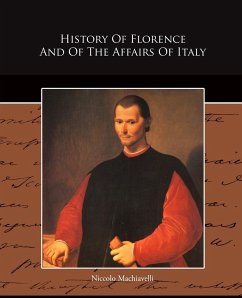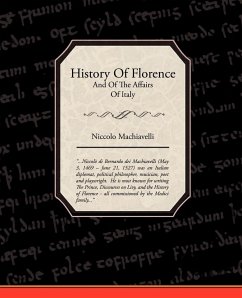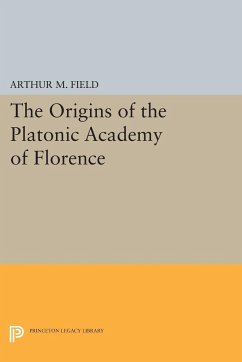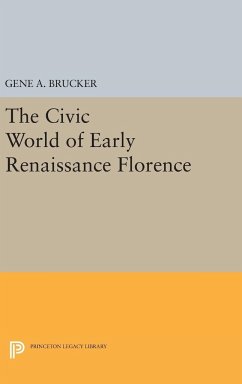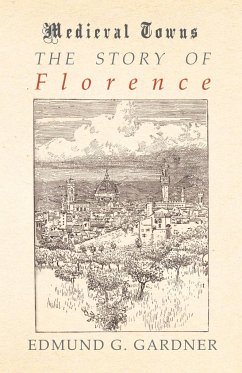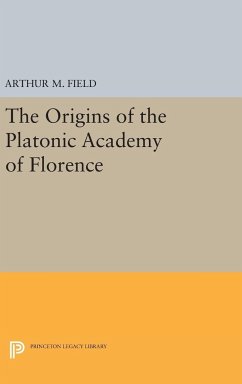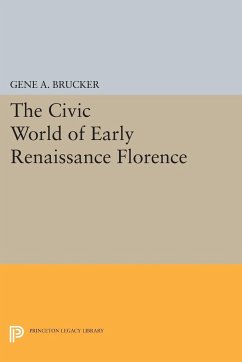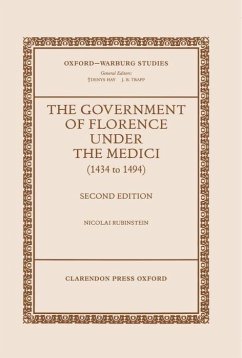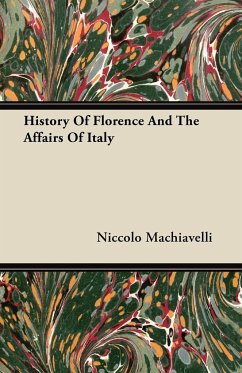
History Of Florence And The Affairs Of Italy
Versandkostenfrei!
Versandfertig in 1-2 Wochen
33,99 €
inkl. MwSt.
Weitere Ausgaben:

PAYBACK Punkte
17 °P sammeln!
This fascinating book contains an extensive history of Italy, from about mid 5th century to mid 15th century, with the death of Lorenzo the Magnificent. This book is predominantly a political history of the country, and is highly recommended for inclusion on the bookshelf of anyone with an interest in the subject.




